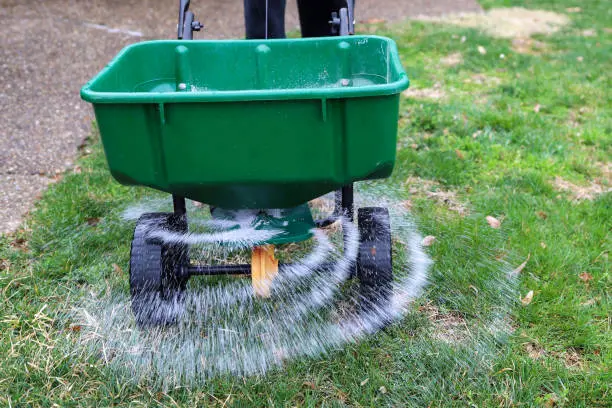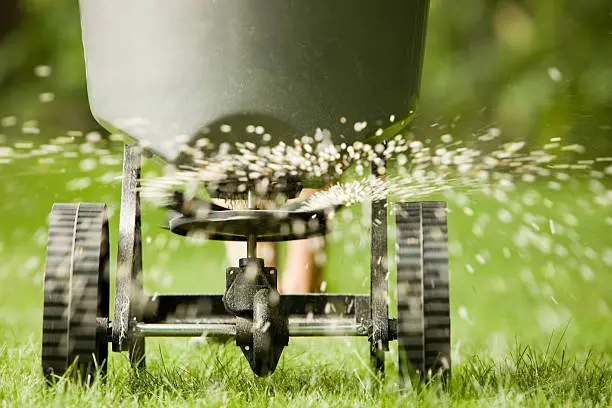How Often Should You Fertilize Your Lawn?
Key Factors for Determining Lawn Fertilization Frequency
Proper fertilization is crucial for maintaining a healthy, vibrant lawn. But how often should you fertilize your lawn to achieve the best results? The answer depends on several important factors that influence the health and growth of your grass.

Understanding Your Grass Type
Different types of grass have varying fertilization needs. Cool-season grasses like Kentucky Bluegrass and Fescue benefit from fertilization in early spring and fall. Warm-season grasses such as Bermuda and Zoysia require fertilization during their active growth periods in late spring and summer.
Considering Your Climate
Your local climate plays a significant role in determining fertilization frequency. In regions with long growing seasons, more frequent fertilization may be necessary. Conversely, in areas with shorter growing seasons, less frequent applications might suffice. Adjust your schedule to match your climate for optimal results.
Evaluating Soil Health
Conducting a soil test can provide valuable insights into your lawn’s nutrient needs. Soil tests reveal nutrient deficiencies or surpluses, allowing you to tailor your fertilization schedule accordingly. Healthy soil supports better nutrient absorption and overall lawn health.
Using the Right Fertilizer
Choosing the right fertilizer is essential for effective lawn care. Slow-release fertilizers provide a steady supply of nutrients over time, reducing the need for frequent applications. Quick-release fertilizers offer immediate nutrient availability but require more frequent applications. Select a fertilizer that suits your lawn’s specific needs.
Seasonal Considerations
Timing your fertilization efforts with the seasons enhances their effectiveness. Early spring fertilization jumpstarts growth, while late spring or early summer applications support ongoing health. Fall fertilization strengthens roots before winter dormancy. Avoid fertilizing in extreme heat or cold to prevent stress on your grass.
Avoiding Over-Fertilization
Over-fertilization can harm your lawn and the environment. Excess nutrients can lead to runoff, polluting water sources, and causing thatch buildup. Follow recommended application rates and avoid the temptation to overapply fertilizer. Balanced fertilization promotes sustained, healthy growth.

How Often Should You Fertilize Your Lawn?
How often should you fertilize your lawn? The answer varies based on several key factors. Understanding your grass type, climate, soil health, and fertilizer type helps you determine the optimal fertilization schedule. Regularly monitor your lawn’s condition and adjust your approach as needed to maintain a lush, healthy lawn year-round. Proper fertilization, tailored to your lawn’s specific requirements, ensures vibrant growth and resilience throughout the seasons. Reach out Evergreen Creations Landscaping for expert lawn fertilization advice in Pompano Beach, FL. Call us (954) 539-7516 today!